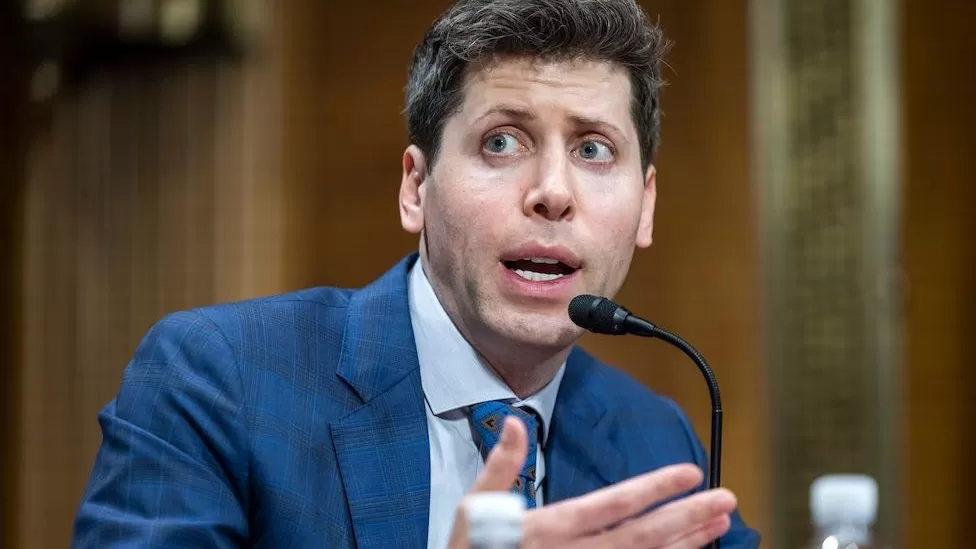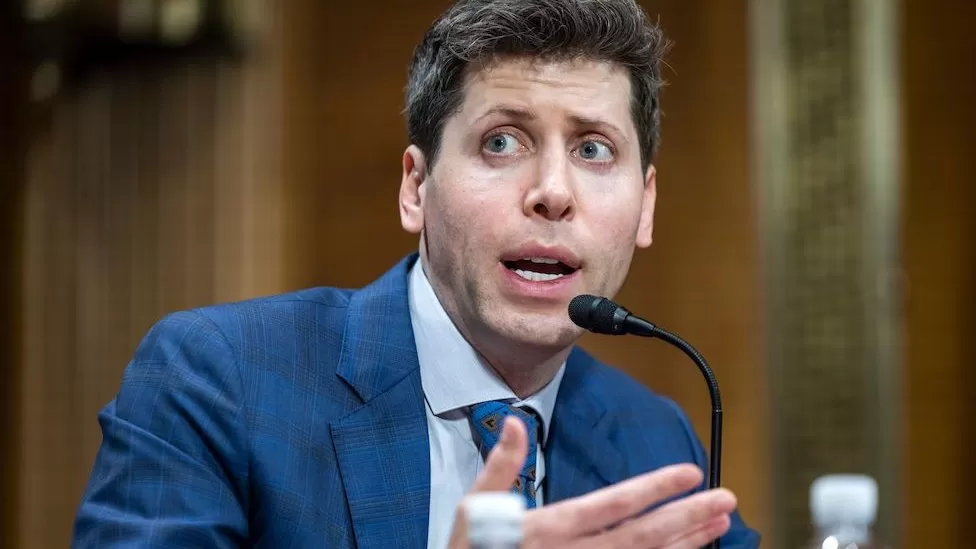OpenAI CEO, Sam Altman is reported to be exploring a new venture to develop specialized chips for AI applications, and is speaking with prominent Middle Eastern investors and Taiwan Semiconductor Manufacturing Co, TSMC, reports Financial Times.
Specialized chips are integral to the advancement of artificial intelligence (AI) due to their optimized performance, parallel processing capabilities, and energy efficiency. Graphics Processing Units (GPUs) and Application-Specific Integrated Circuits (ASICs) are designed to handle AI computations more efficiently than general-purpose processors, and excel in parallel processing tasks like training deep neural networks and these chips offer customization for specific AI workloads, enhancing efficiency by focusing solely on relevant computations.
Nvidia is currently the dominant operator in the specialized chip industry, thanks to its early vision for AI, dedication to tailoring their GPUs for AI tasks, building a comprehensive software and cloud ecosystem, strategic partnerships, and continuous innovation. At the heart of Altman’s venture is the ambitious plan to develop and fabricate chips integral for training and building AI models, develop a global network of fabrication plants and reduce OpenAI’s reliance on Nvidia for semiconductors. In November 2023, Altman was reportedly seeking investment to build an artificial intelligence chip company.

During that time, OpenAI also hired the former lead of Google’s TPU AI chip as the head of hardware. OpenAI, founded in 2015, played a significant role in the generative AI wave with the release of its ChatGPT chatbot in November 2022. In 2023, Microsoft invested $10 billion in OpenAI, with a significant portion of the investment coming in the form of compute resources from Microsoft’s Azure cloud service.
Altman is reportedly driven by concerns over a potential shortage of AI-specific chips, as demand is expected to outpace production forecasts.
This hands-on approach, involving the construction and maintenance of semiconductor fabs, marks a departure from the strategy of OpenAI’s industry peers like Amazon, Google, and Microsoft, who typically design their silicon and outsource production. Building such facilities requires substantial investment, with a single plant costing tens of billions of dollars.





